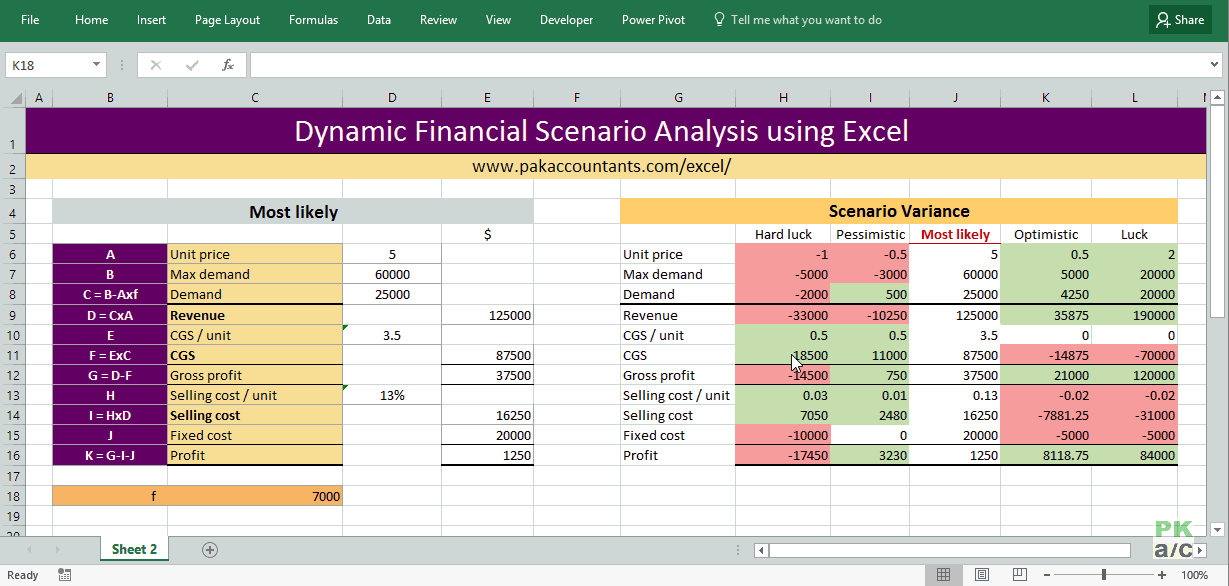Companies choose different processes to be profitable, safely increasing their productivity. One of the safest ways is the analysis of financial statements; its use makes it easier to respond to possible problems. The advantages of financial statement analysis in a company include the fulfillment of the business plan, such as better communication within the company and increased productivity.
The objectives of financial analysis is to generate financial statements that are true statements of the company’s health. Financial documents and statements must be prepared and published on a yearly, quarterly, biannual, and monthly basis.
What is Financial analysis?
Financial statement analysis covers a company’s operational budget, assets, expenses, liabilities, earnings, and the net worth of liabilities and assets. Financial analysts, accountants, and planners use these statements to enable decision-making expansions, future planning, fundraising, and market launches among others. However, there are bound to be some disadvantages too. Let us explore them.

Advantages of Financial Statement Analysis
Pattern Detection and forecasting: The importance of financial analysis lies in its ability to reveal earnings per year, sales, and profits accrued. Though sales figures may vary, financial planners will be in a position to find a correlative pattern over a few years of sales data. Take the example of a company that may reveal a trend of sales increases whenever new products are marketed and released. Sales could drop after, let’s say, a year of the product launch. The advantages of financial statement analysis are huge for companies, as it forecasts a market life of about a year, which is useful as it shows sales patterns for product launches, a sales drop after a year, and a need for new products in a year.
Budget Outline in Real-Time: Decision-making for planning the future, budget estimations, corrective actions required for efficient budgeting, and more such decisions are some of the aspects that add to the importance of financial analysis. One of the advantages of financial statement analysis is that it reveals how much you can spend on marketing or product launches, strategizing for marketing campaigns, future expansions, and requirements for funding.
Disadvantages of Financial Analysis
Based on the patterns of the market: A big disadvantage of financial statement analysis and use for making strategic decisions is that it is based on figures and data on current market conditions, which may fluctuate. Past performance is a good indicator and motivator. It cannot, however, guarantee fluctuations and future demands. A cautious approach is needed as part of the objectives of financial analysis for the interpretation of financial ratios and statements to prevent excessive risk-taking based purely on forecasts.
Analysis of At-One-Time basis: As the name suggests, the forecast and analysis are applicable at that time only. It does not reveal or compare the past performance or future forecast at one glance. One will need to exercise caution by generating and reporting continuously rather than on a one-time basis. Such extrapolation of data and financial analysis undertaken frequently is crucial to the company’s health and decision-making abilities.
Why study financial analysis?
Consider getting a finance certification so that you will understand the advantages of financial statement analysis better.
Course skills and requirements
A graduation degree or even a Master’s in Finance goes a long way. Add relevant certifications. Those from a non-financial background can also take these courses, as most offer boot camps to understand what is financial analysis.
Course advantages: The course offers a good grasp of basics, concepts, theoretical knowledge, practical skills, and finance certifications that could help enhance your resume and career.




